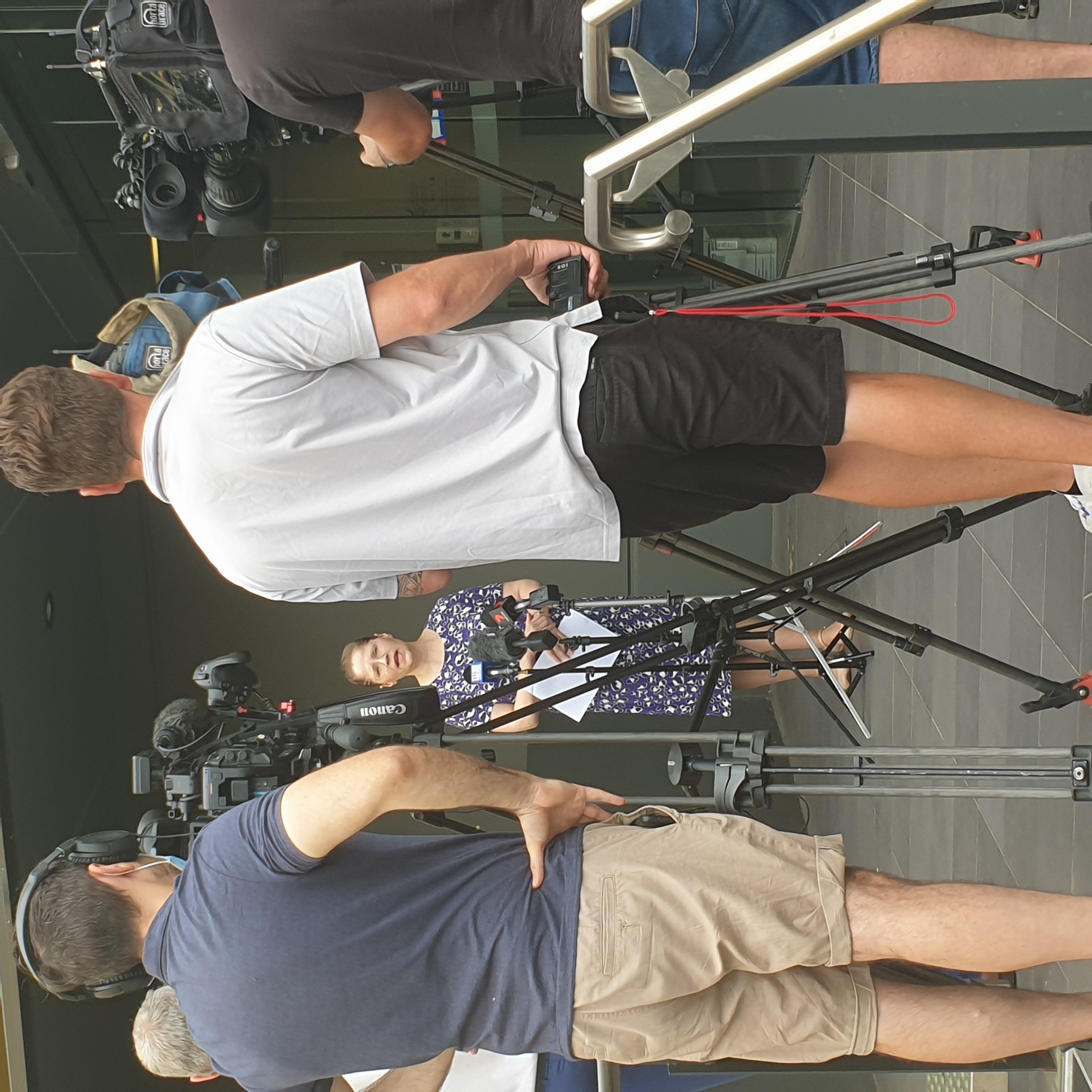16 March 2022

The need for urgent action to address our clogged and increasingly unsafe emergency departments is underscored by this morning’s SA Health dashboard data.
At around 0800 this morning 94 people in metropolitan emergency departments were waiting for a bed in hospital. Yesterday that number was 106.
Last night there were over 120 patients within the RAH emergency department, which only holds 70 people. A mental health patient had been in the ED for 115 hours.
The trend has been increasing steadily over the last month following the declaration that COVID demand was now “normalised”.
Ten of the people stuck in the emergency departments this morning had been there for over 24 hours. Nine of the 10 were in hospitals in the Central Adelaide Local Health Network (CALHN) – the RAH and The Queen Elizabeth Hospital (TQEH). A further 18 had been waiting for over 12 hours and 61 in total had stayed in excess of the four-hour target for stay in an ED.
Ten of the people waiting for a bed were mental health patients, with CALHN reporting this morning that they were short by 15 available beds.
These massive levels of emergency department block continue despite the cancellation of 60 operations yesterday across metropolitan hospitals.
"South Australians needed any further evidence to support our calls for urgent action to boost the number of hospital beds then surely this is it," said ANMF (SA Branch) CEO/Secretary Adj Associate Professor Elizabeth Dabars AM.
"Instead of increasing bed capacity and increasing community care, particularly for mental health clients, we see emergency departments increasingly under pressure with patients needing services that they cannot be provided with in an emergency unit."
This week CALHN have opened an additional six beds in a transportable hut at the TQEH as an extension to the emergency department which is not connected physically to the main ED, has had no additional workforce added to cover the additional beds and which only last week we were assured would not be opened until consultation with nurses had taken place and safety concerns for patients and staff addressed.
A new model of care was introduced overnight which affects mental health patients, without consultation with frontline clinical staff, and is not linked to any expansion in beds or services. Nurses are concerned that mental health patients are being rushed through a system without a full medical assessment being completed which could jeopardise the quality of care in the absence of enough specialist mental health services to take the patients from the emergency departments.
These desperate actions by hospital managers appear to be an attempt to "hide" the chronic shortages of capacity in the face of the current political spotlight.